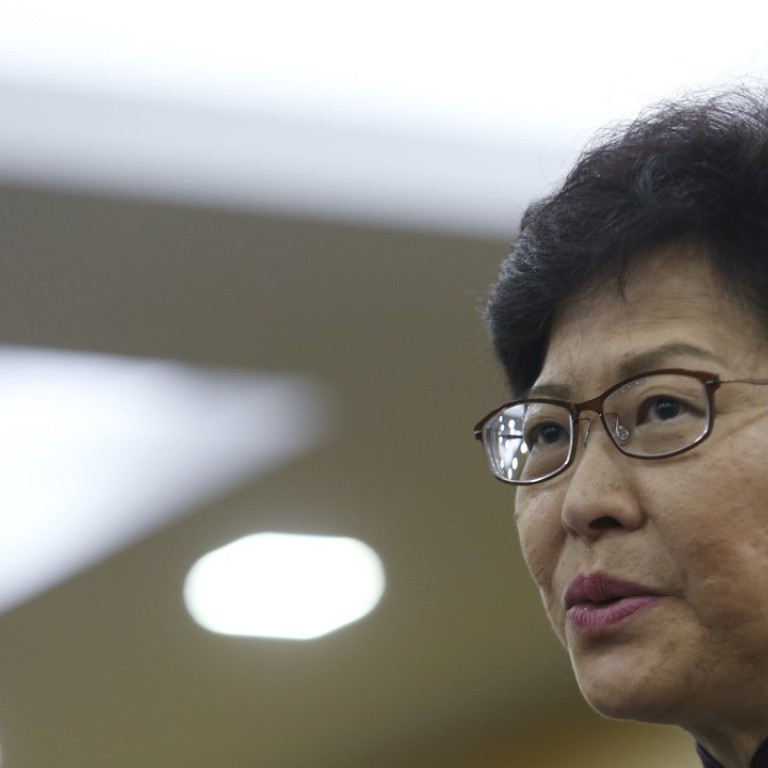
Efforts are being made to bridge Hong Kong’s political divide
A change in the city’s leadership has opened the door for reconciliation between the pan-democrats and the pro-Beijing lawmakers. More cordial working relations will hopefully pave the way for better governance
It appears that good efforts are being made. In an ice-breaking move early this month, the pan-democrats and the pro-Beijing lawmakers met over lunch to explore possible cooperation. Although the get-together did not yield any concrete results, it is nonetheless a welcome move.
That said, it would be wrong to expect full harmony ahead. Experience shows that the appointments of moderate pan-democrats, such as transport and housing minister Anthony Cheung Bing-leung and environment undersecretary Christine Loh Kung-wai, did little to improve executive-legislative relations.
It would take more than a few get-togethers and individual appointments to normalise political ties. Adding to the challenge is the delicate relationship between the moderate pan-democrats and their more radical allies. Comprising some activists-turned-legislators, the faction is being marginalised, which has in turn prompted them to become more confrontational.
The legislature will go into recess shortly after Lam is sworn in on July 1. The real test for her administration may therefore begin in October when she delivers her maiden policy speech. At stake is effective governance. The public looks forward to more cordial working relations between the two branches, which hopefully, paves the way for better cooperation and governance.

